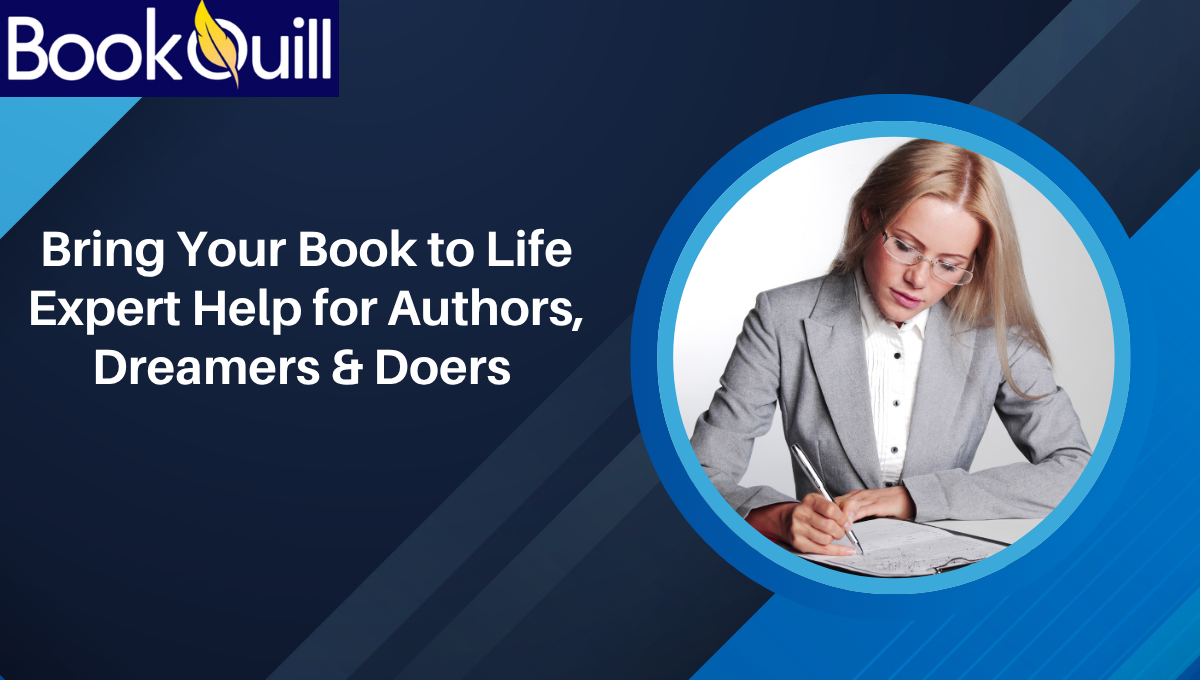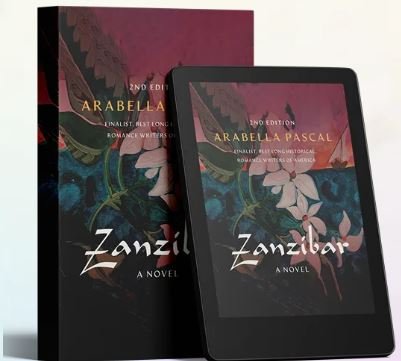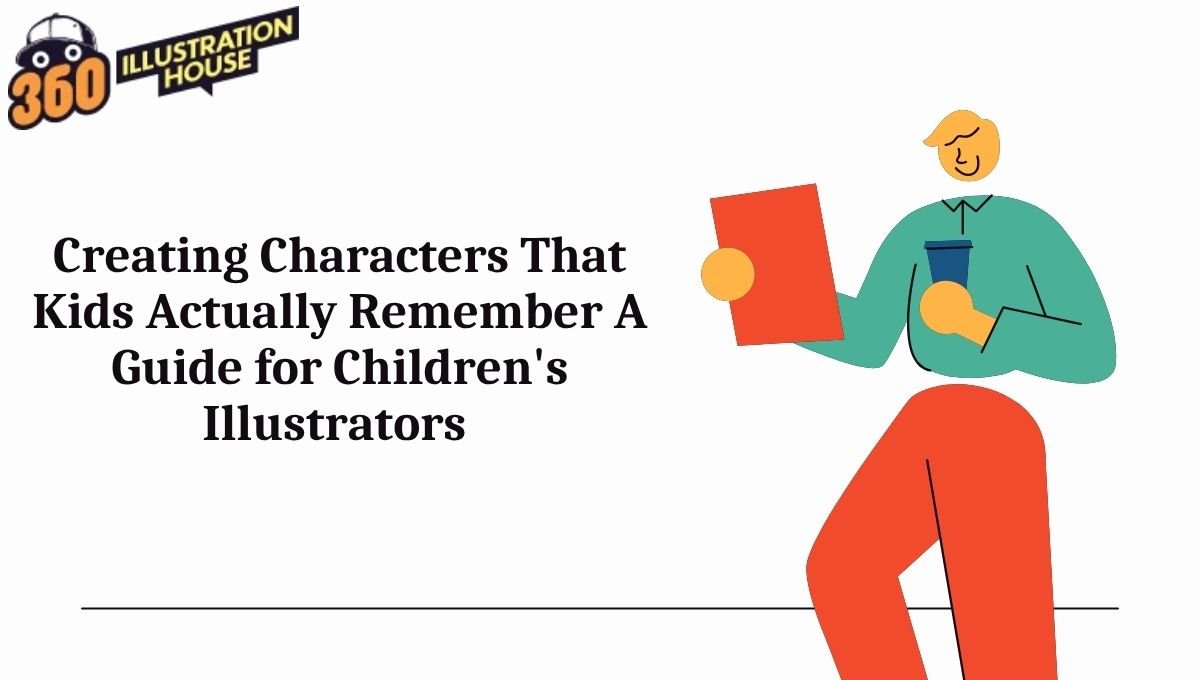It was the best of times; it was the worst of times.
An age of agony, an age of joy. expert help for authors
Back in the day, I remember writing my first novel. I was young, overconfident, optimistic—and a fool. I thought that a raw manuscript alone would rocket me to the top of Amazon Kindle’s charts.
Hah. What an idiot.
Honesty, nobody told me that writing itself is not enough. I need to pay keen attention on editing, marketing, design, and formatting. Of course, everyone kept saying “it’s what you write that matters alot” “people need good content and story” – uh yes they do but would anyone read a “good story” if it has grammatical errors or poor formatting?
Well, the answer is a big resounding NO!
But at that time, there was no one to steer me right. I failed—book after book, manuscript after manuscript. Nothing bore fruit.
Until I found BookQuill.
Now, I know what you’re thinking: Ah, here comes the promo. But no, this isn’t some sugar-dusted affiliate pitch. This is me, being dead honest.
BookQuill’s expert help for authors actually saved me. They guided me through every inch of the indie author’s battlefield. They didn’t just work with me—they rebuilt me.
So now I’m giving you the same advice and hacks they gave me, right here, in this blog. So, you won’t stumble blindfolded through the same minefield I did.
The Lonely Loop of Infinite Failure
Back in the day, when my first book bombed, I blamed it on the mysterious algorithm gods of Amazon KDP. Maybe my niche wasn’t trendy enough, or maybe its neural cogs just didn’t know what to do with me. Then came my second book—it bombed too. I had the audacity to think maybe readers just couldn’t grasp my concept. By the third flop, the excuses started to sound ridiculous even to me.
That was the moment I finally considered getting expert help for authors. Up until then, there were no mentors around to knock some sense into me. No editors wielding red pens like literary surgeons.
No marketing plan to blast my book into orbit. I learned the hard way: you can’t do everything yourself—especially as an indie author. There are just too many moving parts to master alone.
What I Learned About Expert Help for Authors (And You Should Too)
Lesson 1: Editing Isn’t Optional
Let’s start editing. It’s not optional—it’s mandatory. And trying to do it yourself? That’s like performing surgery on yourself with a butcher’s cleaver.
Best-case scenario: you miss something crucial. Worst case? You butcher your own book. When I first reached out to one of the best eBook writing services, I didn’t even realize how flawed my drafts were. Plot holes, grammar blunders, clunky phrases—it was a minefield.
They stepped in, dissected everything, and cleaned it up until my manuscript was airtight. After that, no one could point a finger at my work and say it looked amateurish. And trust me, that kind of confidence is priceless.
Lesson 2: Covers Matters
I learned this the hard way: people absolutely judge a book by its cover—especially on Amazon. Your novel could contain the secrets of the universe, but if the cover looks like it was whipped up in Microsoft Paint, no one’s clicking on it.
The expert help for authors that I’ve got connected me with some of the most talented illustrators I’ve ever seen. These folks didn’t just slap an image on a canvas—they spent hours diving into the soul of my story, pulling out its essence, and crafting a cover that spoke.
The result? People couldn’t resist clicking. My KDP analytics lit up like a Christmas tree—traffic, impressions, clicks… all from one powerful visual.
Lesson 3: Formatting is Non-Negotiable
Formatting is often an afterthought—until it trips up your reader. Bad spacing, inconsistent fonts, missing page numbers, or strange chapter breaks can distract and frustrate your audience.
Whether it’s for print (paperback or hardcover) or digital platforms (like Kindle or Apple Books), clean formatting ensures your book reads the way it’s meant to.
This includes:
- Chapter headings
- Fonts and spacing
- Page numbers and footers
- Section breaks
When formatting is sloppy, it shows. Readers may stop reading, leave negative reviews, or question the book’s credibility. DIY tools like Vellum or Atticus can help, but if you’re unsure, hiring the best book writing help services is well worth it—for your book and your sanity.
Lesson 4: Marketing Is the Engine, Not the Fuel
When I first stepped into this industry, I thought marketing was the last thing you need. Just publish the book, and readers would magically find it, right? Wrong.
That’s what happens when you don’t get expert help for authors—you’re left guessing. What I’ve learned is this: marketing isn’t the cherry on top; it’s the engine. Without it, your book’s not going anywhere. Email lists, newsletter swaps, launch strategies, review arcs—none of that gets taught in writing workshops, but it’s vital. I had to learn it the hard way. And if you’re still hanging on to the “publish and pray” method? Let it go. Hope is not a launch plan—it’s a trap.
Why This Blog Matters to You
You’re exactly where I was—not long ago. Staring at your manuscript, full of hope and ambition, but unsure why nothing is clicking. I wasted years learning these lessons the hard way—years I can’t get back. That’s why I’m writing this blog. Because if someone had handed me the truth instead of fluffing back then, I would’ve avoided so many painful missteps.
Working with one of the top ebook writing services, BookQuill, helped me turn chaos into clarity. They didn’t just polish my words—they rebuilt my entire approach. Now I’m passing that clarity on to you.
No sugar coating.
No inflated promises.
Just the hard-earned advice I wish someone had handed me before my first three books tanked in silence.
Conclusion
You don’t need to bleed on every page to be a real author—you just need to be bold enough to ask for help.
What I’ve shared isn’t theory—it’s the scars of trial and error, of manuscripts turned to mulch and dreams shelved too soon. But you don’t have to crash through the indie author maze alone. Get expert help for authors. Invest in editing. Respect design. Treat marketing like oxygen. That’s how you bring a book to life—not just write it but launch it into the world with purpose.
You’ve got the dream. Now grab the tools to make it real.
Before You Publish: Read This First
1. Do I really need professional editing if I’m good at grammar?
Yes, and here’s why: editing isn’t just grammar. It’s structure, pacing, clarity, and voice. Even the best writers are blind to their own flaws. A pro editor turns your rough diamond into something readers actually want to wear.
2. Can’t I just use Canva or AI to make a cover?
You can—just like you can wear Crocs to a wedding. But readers judge your book in milliseconds. A weak cover is a silent sales killer. A pro design turns browsers into buyers.
3. Isn’t marketing just for big publishers?
Nope. In self-publishing, you are the publisher. If you don’t market, no one will. Without visibility, your book is a bottle in the ocean—drift, unread, unseen.
4. What if I already published it and it flopped?
Then welcome to the club—failure’s a rite of passage. But don’t stop there. Revise, rebrand, and relaunch. Success isn’t a straight line—it’s a rewrite.
5. What makes BookQuill different?
They don’t offer cookie-cutter advice. They partner with you, war-room style—editing, design, strategy, the works. You bring your dreams. They bring discipline.
















Leave a Reply